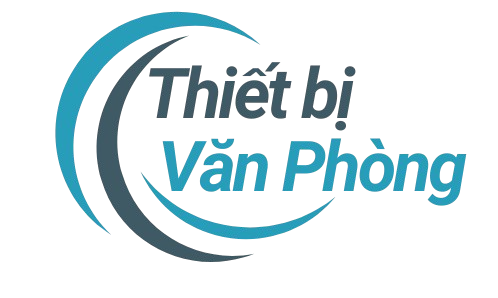Cognitive enhancers have emerged as a trending subject in the world of mental performance. Whether you’re a student pulling all-nighters, a professional juggling deadlines, or simply someone chasing peak productivity, nootropics promise to boost your brain.
Let’s start by defining nootropics. These are either natural supplements or lab-made compounds that claim to give your brain a leg up. Focus, memory, creativity, motivation—all these may get a boost
## Breaking Down Nootropics
Let’s unpack the main types of nootropics:
### 1. Natural Nootropics
These include naturally occurring compounds that can boost cognition. Think of Ginkgo Biloba, Bacopa Monnieri, Rhodiola Rosea, Ashwagandha. These are known for helping with memory, reducing brain fog, and calming the nervous system.
Lion’s Mane, for example, promotes NGF (nerve growth factor) which may help regenerate neurons.
### 2. Synthetic Nootropics
This is where things get clinical: Modafinil, Piracetam, Noopept, and similar. These aren’t your average supplements—they’re legit pharmaceuticals, often prescription-only.
Modafinil gives you the focus of a monk—minus the robes.
### Brain-Healthy Nutrients
Some nutrients are directly linked to better cognitive performance. Key players here include Omega-3s, vitamin D, B12, and N-Acetyl L-Tyrosine. Your brain’s not broken—it’s just thirsty or missing a few minerals.
## Mechanisms Behind the Magic
So how do these smart drugs actually work? Nootropics affect neurotransmitters, brain waves, and blood flow. That’s why some people swear they feel like a genius after taking them.
Acetylcholine is like the Wi-Fi of your brain—faster and more connected.
## Why People Use Them
Here’s what users report:
– Sharper remembering
– Less procrastination
– Enhanced mood and motivation
– Quicker grasp of complex concepts
– Reduced anxiety and stress
Of course, not everyone reacts the same, but many report brain fog lifting like morning mist.
## What to Watch Out For
Let’s talk risks. Some people experience insomnia, jitteriness, or headaches. Synthetic nootropics, especially, should be used with caution.
The supplement industry isn’t well regulated. Be wary of miracle-pill marketing.
## Smart Mixes
A popular practice is stacking—combining multiple nootropics for synergistic effects. Examples include:
– **Caffeine + L-Theanine**: Like espresso with a meditation app
– **Modafinil + Alpha GPC**: Serious workhorse blend
– **Bacopa + Rhodiola + Lion’s Mane**: Stress reduction + mental clarity + neurogenesis
Don’t want to DIY? Brands like Mind Lab Pro and Alpha Brain already did the math for you.
## Who Uses Nootropics?
You’d be surprised who’s popping these pills. Common users include:
– Sleep-deprived college kids
– Tech workers and programmers
– Twitch streamers leveling up
– Artists hunting the muse
– Memory-conscious seniors
## Beginner’s Guide
So how do you start? Follow these steps:
1. **Start small**: Try natural supplements first
2. **Research thoroughly**: Use PubMed, Reddit, and real reviews
3. **Cycle your usage**: Don’t use daily forever
4. **Track your results**: Use a journal or app
5. **Talk to a doctor**: Don’t wing it if you have health conditions
## Final Thoughts
Are they miracle drugs? No. But are they helpful? Potentially.. Like any tool, it’s how you use them that matters.
Curious enough to experiment wisely?
Read more: omeka.net (best nootropics cognitive enhancers)
